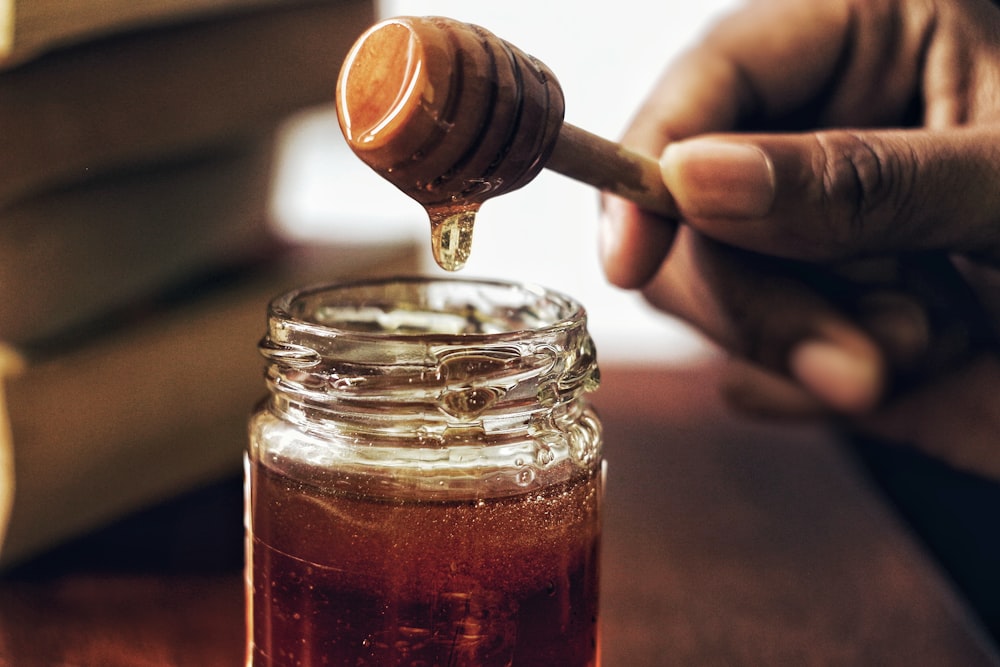Dear Readers,
FC # 89 had its fair share of compliments. There were some interesting experiences shared too:
Abhay says: “I, too, am guilty of being laboriously slow in the kitchen the rare times I put on an apron. I think I should "gamify" cooking by trying to finish within a time box.”
Lynn from Washington, DC remembers her dear departed husband and says: “Jim was a superb breakfast maker, but otherwise he would state he cooked by putting on the grill what I prepared. Most men say they cooked if they did the grilling on the barbecue!”
Damandeep says: “I’m blessed with a man who cooks, as I am not much into cooking. He has been the subject of envy of many friends’ wives, and his many friends have asked him to teach them how he does what he does! I think being a foodie also makes a difference. Cooking becomes a passion if one loves food.”
Ashvini says: “We are having guests for dinner tonight and God forbid if FC89 becomes a topic for discussion!! Shashi, my wife, has an elephant’s memory for my failed attempts to learn to cook.”
Yogita says: “My grandfather was an excellent cook. My childhood is full of memories of dishes he used to make for us. Dal khichdi and malpua were his specialities.”
Virendra Dahiya says: “I love cooking and do cook frequently. Whenever my wife and son want to enjoy something different, they hand over the kitchen to me. Also, I have started teaching my son the science of cooking.”
Rajashree Anand says: “My son Amruth is a big foodie, and he cooks well too. He always cooks something special on our anniversary and birthdays. That will be his gift to us, but after he finishes cooking, the kitchen will be like a war zone like you mentioned in your post.”
Holi, the Festival of Colours, was celebrated on the 18th of March and various legends are associated with the festival. Foremost is the legend of Prahlad and Hiranyakshyapu. The demon king Hiranyakashipu has conferred a boon by which he could not be slain by a human or an animal. He expected all around him to worship him. His son Prahlada did not yield, and he worshipped Lord Vishnu. Angered by his son’s insolence, the king asked his sister Holika, who was given a boon that she would not be harmed by fire, to sit in a pyre holding Prahlada. While Holika perished in the fire, Prahlada was unharmed with the grace of Lord Vishnu. ‘Holika Dahan’ comes from this legend.
Holi also symbolises Lord Krishna applying colour on Radha and other gopis with a pichkari (water gun filled with coloured fluids) which is common even today. In Southern India, people celebrate the sacrifice of the Lord of Passion, Kaamadeva, who risked his life to interrupt Lord Shiva’s meditative state and save the world.
🍯 You can catch more flies with honey than you can with vinegar
The saying is said to have been first seen written in 1666 in Giovanni Torriano’s “A Common Place of Italian Proverbs and Proverbial Phrases”. The Italian version was “il mele catta più mosche, che non fà l'aceto”. Later, in 1744, Benjamin Franklin included it in “Poor Richard’s Almanac”. The words that he used were: “Tart words make no friends: spoonfuls of honey will catch more flies than a gallon of vinegar.” This could perhaps be the reason why this proverb is used in the USA more than anywhere else.
There are proverbs that are considered synonymous with this proverb. One such saying is, “You catch more fish with bait than with an empty hook”. It is equally effective when you replace flies with bees — the proverb would then read, “You catch more bees with honey.”
The reference to vinegar is to underscore the need to avoid using words that are bitter, acidic or even sarcastic. The reference to honey in the proverb would remind you of the popular saying, “Keep your words sweet; you never know when you may have to eat them.” At the same time, if words are all honey and sugar, they may partake hues of flattery. Sincerity is at the core of one’s expressions, and one can make or mar a situation by the choice of their words. I quite liked what Jodi Picoult said: “Words are like eggs dropped from great heights; you can no more call them back than ignore the mess they leave when they fall.”
Words help you endear yourself to others and prompt them to reciprocate in equal measure. It's easier to persuade others with politeness and a positive attitude than with rudeness and negativity. Being disgraceful and disagreeable repulses people, and they shy away from you.
Communication is often the key. A well-intended message may lose its sheen if it is laced with something not so pleasant. Imagine the teacher talking to a boy in front of the class while handing out the test papers. The teacher knows that the boy is excellent at all subjects but not so good in, say, Hindi. He could avoid saying, “You have done well in all subjects, but you have miserably failed in Hindi,” and instead he could say, “Excellent performance. Keep it up!” and then say softly, “I want to talk to you after class” and reinforce in a positive measure the boy’s ability to do well in Hindi.
Often people put the cart before the horse, which essentially means doing things in the wrong order. In communicating with employees, should the manager say good things or not so good things first, or find a context to communicate his views separately so as to not rob the effect of compliments and the feel-good factor? In short, should honey and vinegar be given separately but in rapid succession? You give a spoonful of vinegar and when the person is still reeling from its acidic effect, you give him a spoonful of honey. It may dull the acidity, but the honey does not taste the same. The reverse order is also unproductive, if not worse. Vinegar after honey!
Aubrey Daniels, a thought leader and internationally recognized expert on management, leadership, safety and workplace issues, is considered an authority on human behaviour in the workplace. He claims that a common and costly mistake many employers make is that they deliver the two messages concurrently, and that in these instances any motivation that would have come as the result of the positive reinforcement is lost. Positive reinforcement is much more effective in getting more out of people. Criticism should be separated from recognition or praise, and the two should not be given concurrently. In essence, avoid administering honey and vinegar concurrently. I recommend a visit to his website.
What applies to a workplace also applies to any given situation. When a son brings his report card to his father, he does so with trepidation — particularly if he has not met his father’s expectations. Some kids are smart enough to let the mother deal with the father! Whatever that might be, the reaction of the father will have a profound impact. Some parents expect the kid to come first, year-on-year, and have not much nice to say even if he got good grades but finished 4th or 5th in class. This induces a sense of alienation and inferiority in the kid’s mind, which can perpetuate itself in his persona.
Nobody likes criticism, more so if it is made in public. But there are times when a person may have to live with a blend of honey and vinegar. If I am an author and my book is being reviewed, I can expect both good and bad reviews. But I cannot wish away the critic or the criticism, even if I find it overshadowing the compliments.
I would like to end this post with an anonymous poem on criticism:
If an impulse comes to say
Some unthoughtful word today
That may drive a friend away,
Don't say it!
If you've heard a word of blame
Cast upon your neighbour's name
That may injure his fair fame,
Don't repeat it!
If malicious gossip's tongue
Some vile slander may have flung
On the head of old or young,
Don't repeat it!
Thoughtful, kind, helpful speech,
Is a gift promised to each —
This the lesson we would teach:
Don't abuse it!
Take care. Heed to good advice and stay safe. Often good advice and sage wisdom may feel like vinegar but if followed, the outcome will be as sweet as honey.
See you next week!





This reminds me of the popular good news / bad news jokes - they can be quite the rollercoaster! Here's one:
A woman was nervously waiting at the airport for her husband to return from his skydiving lesson. The pilot approached her: "I'm sorry, but there's been an accident. I have some bad news, some good news, some more bad news, and some more good news.
The bad news is your husband fell out of the plane. The good news is he had his parachute on. The bad news is he hit the ground before his chute could open. The good news is we hadn't taken off yet."
It is often said and seldom practiced - praise in public scold in private…
Thanks for the share … being a leader whether in professional or personal life is a great responsibility!
Really liked the important aspect that you added - “ there are times when a person may have to live with a blend of honey and vinegar”
It’s not that one should not criticise at all, it’s the words used to criticise that matter!
The words, the tone- make or marr a relationship!